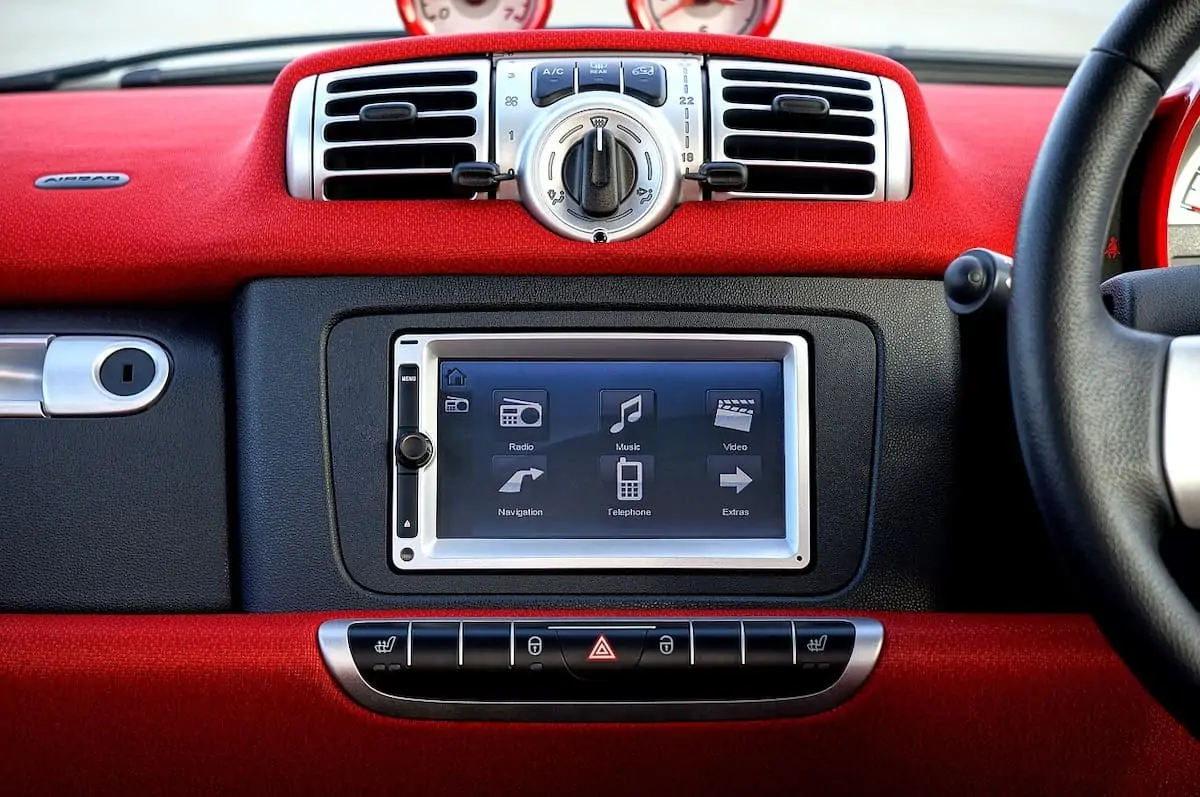I was in the market for a new vehicle recently. As I went from dealership to dealership researching potential vehicles that I would buy, I became aware of some very unusual circumstances, precipitated by an automotive chip shortage environment.
First, most of the dealer lots were relatively empty. There were some vehicles on the lots, but not many. Second, everyone I talked to said the same thing. The lots were empty, vehicles were on backorder with no ability to make a commitment on delivery, and shortages of computer chips for the vehicles was a major problem constraining supply.
All that could prove to be a big obstacle in getting the vehicle I wanted, with whatever features I would pick. This sounded like an Automotive Supply Chain problem to me.
More Signs that Something was Amiss!
Before I even started looking for a new vehicle of my own, I first had some sense of this issue when a family member was trying to get a rental car. What would normally be a very simple transaction was proving to be impossibly difficult. Where were all the cars with the rental car companies?
It turns out that as the pandemic drove lockdowns, travel restrictions, and travel bans, the demand for rental cars plummeted. Not surprisingly, rental car companies downsized their fleets and cut future orders and expenses. Then when demand returned the rental car companies found that they couldn’t get the cars they needed to replenish their fleets, due to production shortages from the automotive manufacturers.
I also started hearing anecdotally that used car prices were going through the roof. In some cases used vehicles were apparently being sold for more than the price of the equivalent new vehicle. This was all in response to the same situation. A shortage of new vehicles forced people to turn to the used car market, and the spike in demand drove prices upward.
What on earth was going on?
The Pandemic Strikes Again!
As the saying goes, “I’ve seen this movie before!” The pandemic had exposed the fragility of global Supply Chains everywhere and in every industry. From toilet paper to medical supplies to masks to lumber, and on and on and on, the level of disruption across goods and commodities seemed to leave nothing untouched. Little did I know this would also translate to shortages of materials used to make automobiles, like natural rubber for tires.
This is important because, as reported in caranddriver.com, the average new car can have as many as 100 semiconductor chips throughout the vehicle. The dependency of new vehicles on electronics is unequivocal and undeniable.
I knew that factories of every shape and size were either shut down, locked down, temporarily closed, or restricted in capacity and throughput, or some combination of all of the above. The computer chip manufacturing industry was impacted as well, but I also knew that most of the semiconductor chips in the world are manufactured in Taiwan.
The largest chip manufacturing company in the world is TSMC, and its Taiwanese. According to TrendForce, Taiwan accounted for “more than 60% of total global foundry revenue last year” with TMSC alone manufacturing “around 50% of all semiconductors in the world.”
This was relevant to me because I was aware that Taiwan reputedly responded much better to the Coronavirus pandemic than most other countries. Vigilance and discipline in reacting quickly, taking preventive steps, quarantining, masking mandates, contact tracing across the country all resulted in enviable performance in Taiwan relative to the pandemic.
So if Taiwan performed so well in responding to the pandemic, why would TSMC be impacted and why would we be having the resultant chip shortage?
What’s Going On?
TSMC’s Chairman, Mark Liu, has stated that “the current global chip shortage were more to do with imbalances and uncertainty in the supply chain and not the lack of capacity itself.” The 3 main causes were “the Covid-19 effect on the semiconductor production, the unpredictability and uncertainties due to the US-China trade war and the accelerated digital transformation have been brought about by the pandemic.”
At the beginning of the pandemic automotive companies also had to shut down factories, especially in the face of rapidly declining demand. Not surprisingly they also cancelled or cut orders for the materials needed for those vehicles, including computer chips.
As factories came back online, and as demand returned, chip orders were restored but semiconductor manufacturers were already flush with demand for chips from other industries, such as for smartphones. In the face of depleted inventories and an inability to restore production to meet demand, we now have a chip shortage impacting the supply of automobiles.
What Does the Future Hold for the Automotive Chip Shortage?
TSMC has increased production capacity for its automotive microcontroller chips over 2020 and 2019 levels, which will certainly help improve supply. The reality though is that the chip constraints will likely continue to impact the automotive market place well into 2022.
It takes a long time for chips to make their way through the entire Supply Chain for all nodes, all companies, and for all consumers. On top of that we are now dealing with the delta variant of Covid and vaccine hesitancy, which can certainly have the effect of creating another wave of the pandemic along with its commensurate disruptive effects.
In Forbes, Christian Lanng of Tradeshift Network is quoted as saying:
“The computer chip shortage of the last 18 months isn’t a once-in-a-century event. It is the logical outcome for a supply chain sector that has been asking for too much of outdated technologies for far too long. Covid wasn’t the cause: it was merely the tide that went out and showed which businesses had been swimming naked”.
He continues, “Covid has had one beneficial effect: It revealed the inherent fragility of overextended supply chains, and the lack of visibility that comes from an overreliance on paper documentation and manual management.”
This is a very profound statement. Here at Supply Chain Game Changer we believe that Supply Chain Visibility has never been more important. Further we believe that the future is unequivocally the Digital Supply Chain.
As the saying goes “History repeats itself”. Long after the Coronavirus pandemic is behind us, we are bound to repeat the experience we had when the next disaster occurs, if we do not take the steps necessary to implement and optimize the Digital Supply Chain and establish true, real time, end to end Supply Chain connectivity and visibility.
So if you are looking for a new car, a used car, or a rental car, its going to be some time before you can pick and choose what you want and when you want it due to the automotive chip shortage market reality.


